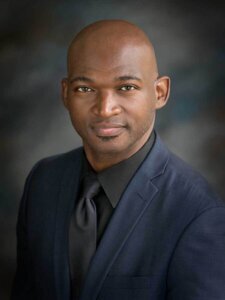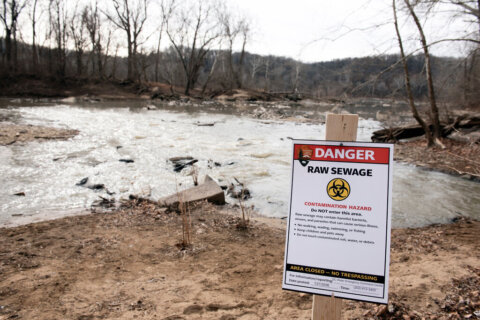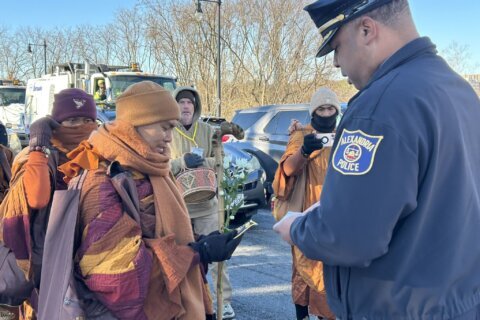The All of Us Research Program at the National Institutes of Health is going on the road to meet people where they live, and its next stop post-pandemic is Silver Spring, Maryland.
People from all walks of life across the country are invited to help answer questions about myriad diseases and topics and to better understand precision medicine, according to Karriem Watson, the program’s chief engagement officer.
“People who decide they want to participate can complete surveys about their health history, their family history, their medications and other things,” Watson said.
That’s not all they can share if they want.

“They can even decide to share their electronic medical information. They can decide if they want to provide biological samples through blood and saliva, or if they simply just want to complete our surveys and questions,” he said.
Studies to find cures or ways to help health conditions often don’t include everyone who is affected. People not fully represented in research studies include racial and ethnic minorities, people with disabilities, those who live in rural communities, members of the LGBTQ+ community or those who are very old or young.
The program aims to collect information on a million or more people.
The All of Us Journey mobile exhibit offers people lots of ways to participate:
- Learn about the project.
- Take a survey and answer questions.
- Agree to share medical records that will have all personally identifying information removed.
- Give a biological sample.
Genetic analysis of samples provided will determine whether participants have predisposing or genetic risk for certain diseases that may be actionable.
So, what’s meant by actionable information that’s expected to be shared with new participants?
It might mean whether they should get a colonoscopy sooner or later.
“Or you may talk to your health care provider about when you should get screened for certain cancers, or certain behavioral things you can do to reduce your risk of diabetes,” Watson said.
After information is collected, researchers evaluating anonymous data will be able to, for example, compare people in the program in one state who have one disease or health outcome to people in another state to see what is understood about the environment and other things that may affect disease outcomes.
“Our goal is to be able to understand exactly how treatment can be individualized, so we can move away from thinking about a one-size-fits all solution, and really get to a place where we can think about medicine being precise,” Watson said.
Precision medicine involves thinking about ways to understand how individual genetics — someone’s DNA — can be affected by where they live, as well as by social determinants of health — what some people call ZNA — as in ZIP code.
The mobile unit will be in Silver Spring from March 7 to March 11 from 10 a.m. to 5 p.m. at the White Oak Community Recreation Center at 1700 April Lane.
The tour then goes to Manassas, Virginia, from March 14 to March 17, before moving on to North Carolina.








